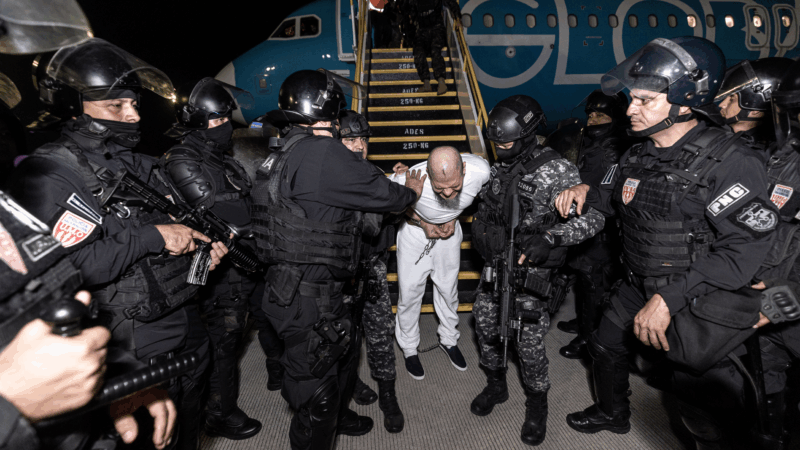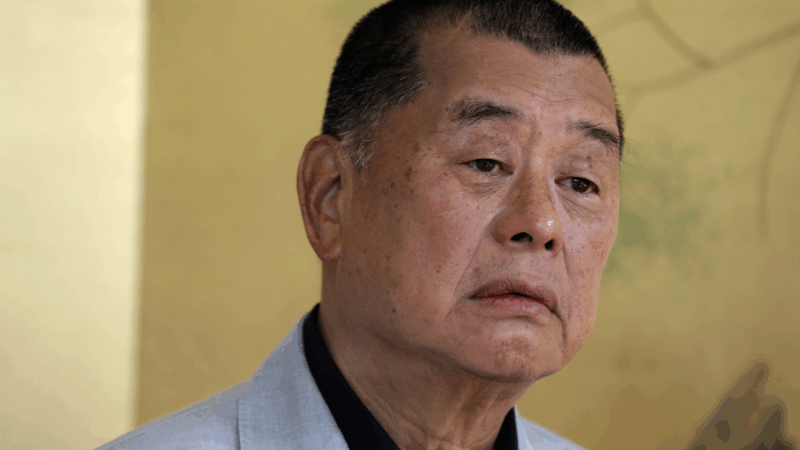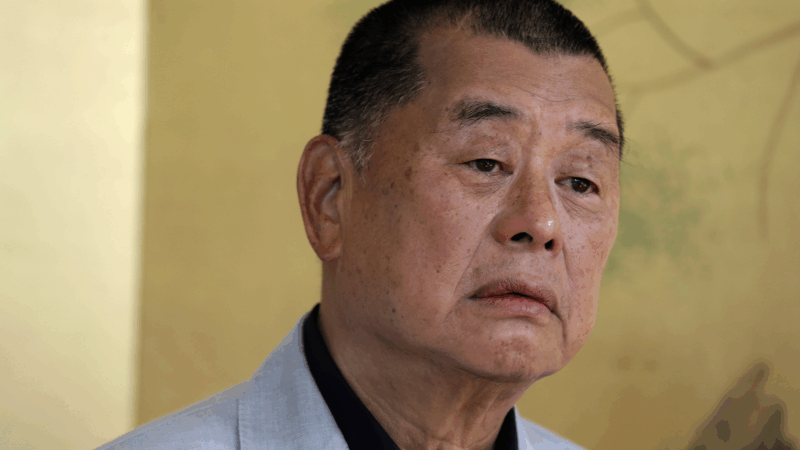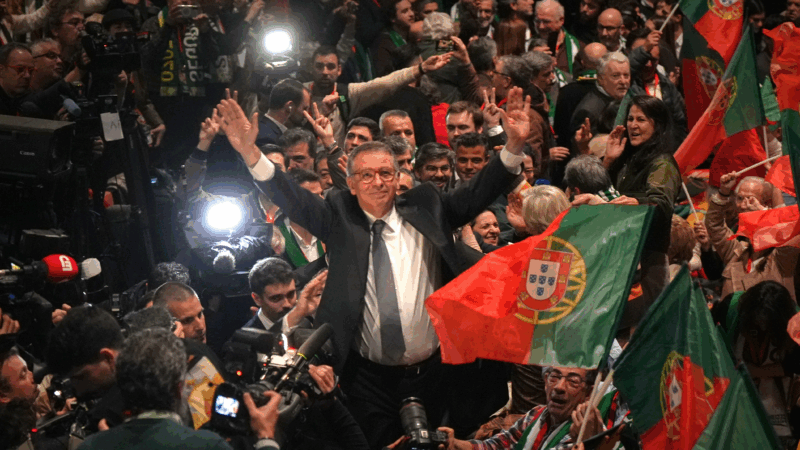U.S. intelligence memo says Venezuelan government does not control Tren De Aragua gang.
The U.S. intelligence community says it does not believe Venezuelan President Nicolas Maduro directs Tren de Aragua (TDA), a criminal gang that operates in the U.S. in a newly declassified, redacted memo. The memo contradicts claims by President Trump, who has accused Maduro of controlling the gang, which Trump says is invading the U.S. The government has relied on this argument to justify the deportation of alleged gang members under the Alien Enemies Act.
The April 7 memo obtained by the Freedom of the Press Foundation on May 5 and shared with NPR, shows that the Office of the Director of National Intelligence concluded that while some members of the Maduro regime may tolerate or work with Tren de Aragua, there’s no evidence of widespread, organized cooperation. “The Maduro regime probably does not have a policy of cooperating with TDA and is not directing TDA movement to and operations in the United States.” In fact, the memo states, Maduro and top Venezuelan officials view the gang as a threat. The memo states that the intelligence council, “has not observed the regime directing TDA, including to push migrants to the United States, which probably would require extensive coordination and funding between regime entities and TDA leaders …”
The memo also undercuts some of the government’s claims about the power and reach of the group. It says TDA is “decentralized” and notes that it’s “highly unlikely that TDA coordinates large volumes of human trafficking or migrant smuggling.”
Since campaigning for his second term, Trump has portrayed Tren de Aragua as a serious threat to American public safety. His administration invoked the Alien Enemies Act, an 18th century law, to swiftly deport some 137 alleged gang members to a detention center in El Salvador with no due process. The act, which allows the government to remove citizens if there is an invasion into U.S. territory, has only been invoked three previous times in U.S. history, during the War of 1812, World War I and World War II.
In late March, prior to the declassification of the memo, the New York Times reported that U.S. intelligence agencies had “circulated findings” contradicting the Trump administration’s claims about Tren de Aragua. At the time, the Justice Department said it was launching a criminal investigation into what it described as a “selective leak of inaccurate, but nevertheless classified” intelligence about Tren de Aragua, saying it would not “tolerate politically motivated efforts by the Deep State to undercut President Trump’s agenda.”
Crackdown on dissent after nationwide protests in Iran widens to ensnare reformist figures
Detained Nobel Peace Prize laureate Narges Mohammadi has received another prison sentence of over seven years.
Crackdown on dissent after nationwide protests in Iran widens to ensnare reformist figures
Detained Nobel Peace Prize laureate Narges Mohammadi has received another prison sentence of over seven years.
China critic and former media tycoon Jimmy Lai is sentenced to 20 years in a Hong Kong security case
Jimmy Lai, the pro-democracy former Hong Kong media tycoon and a fierce critic of Beijing, was sentenced on Monday to 20 years in prison in the longest punishment given so far under a China-imposed national security law that has virtually silenced the city's dissent.
China critic and former media tycoon Jimmy Lai is sentenced to 20 years in a Hong Kong security case
Jimmy Lai, the pro-democracy former Hong Kong media tycoon and a fierce critic of Beijing, was sentenced on Monday to 20 years in prison in the longest punishment given so far under a China-imposed national security law that has virtually silenced the city's dissent.
Center-left Socialist candidate wins over populist in Portugal’s presidential runoff
Center-left Socialist candidate António José Seguro recorded a thumping victory over hard-right populist André Ventura in Portugal's runoff presidential election Sunday, according to official results.
Seahawks win Super Bowl title, pounding the Patriots 29-13
Seattle's "Dark Side" defense helped Sam Darnold become the first quarterback in the 2018 draft class to win a Super Bowl, to win the franchise's second title.







